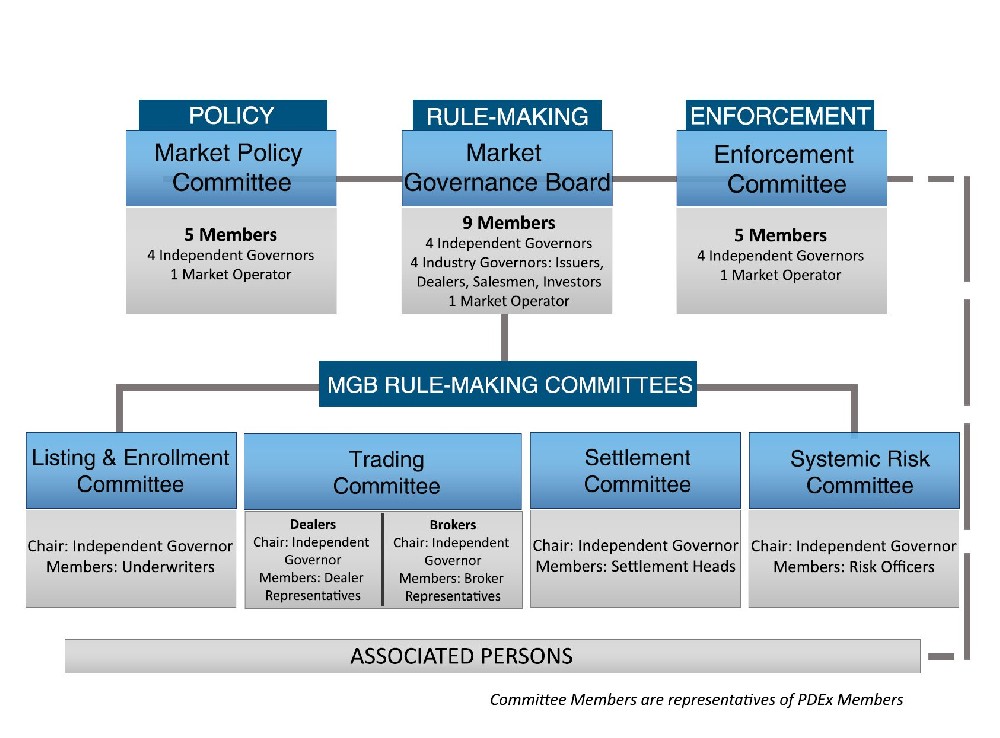Blockchain finance is the application of blockchain technology to the financial sector, such as banking, investing, trading, and payments. Blockchain finance can offer various benefits, such as security, transparency, efficiency, and innovation, to both financial institutions and customers. Based on the web search results, some of the blockchain finance application scenarios are:
Investing in cryptocurrencies and digital assets: Blockchain finance can enable financial institutions to offer their customers access to a wide range of digital assets, such as cryptocurrencies, tokens, and NFTs, that can diversify their portfolios and generate returns. Blockchain finance can also provide platforms and tools for managing and trading these digital assets securely and conveniently.
Tokenizing non-bankable assets: Blockchain finance can allow financial institutions to tokenize illiquid or non-bankable assets, such as art, real estate, or commodities, and make them available for investment. Tokenization can increase the liquidity, accessibility, and efficiency of these assets, as well as reduce the costs and risks associated with them.
Decentralized finance: Blockchain finance can create new financial products and services that operate without intermediaries or central authorities, such as peer-to-peer lending, crowdfunding, stablecoins, and decentralized exchanges. Decentralized finance can offer more autonomy, flexibility, and innovation to financial participants, as well as lower fees and barriers to entry.







